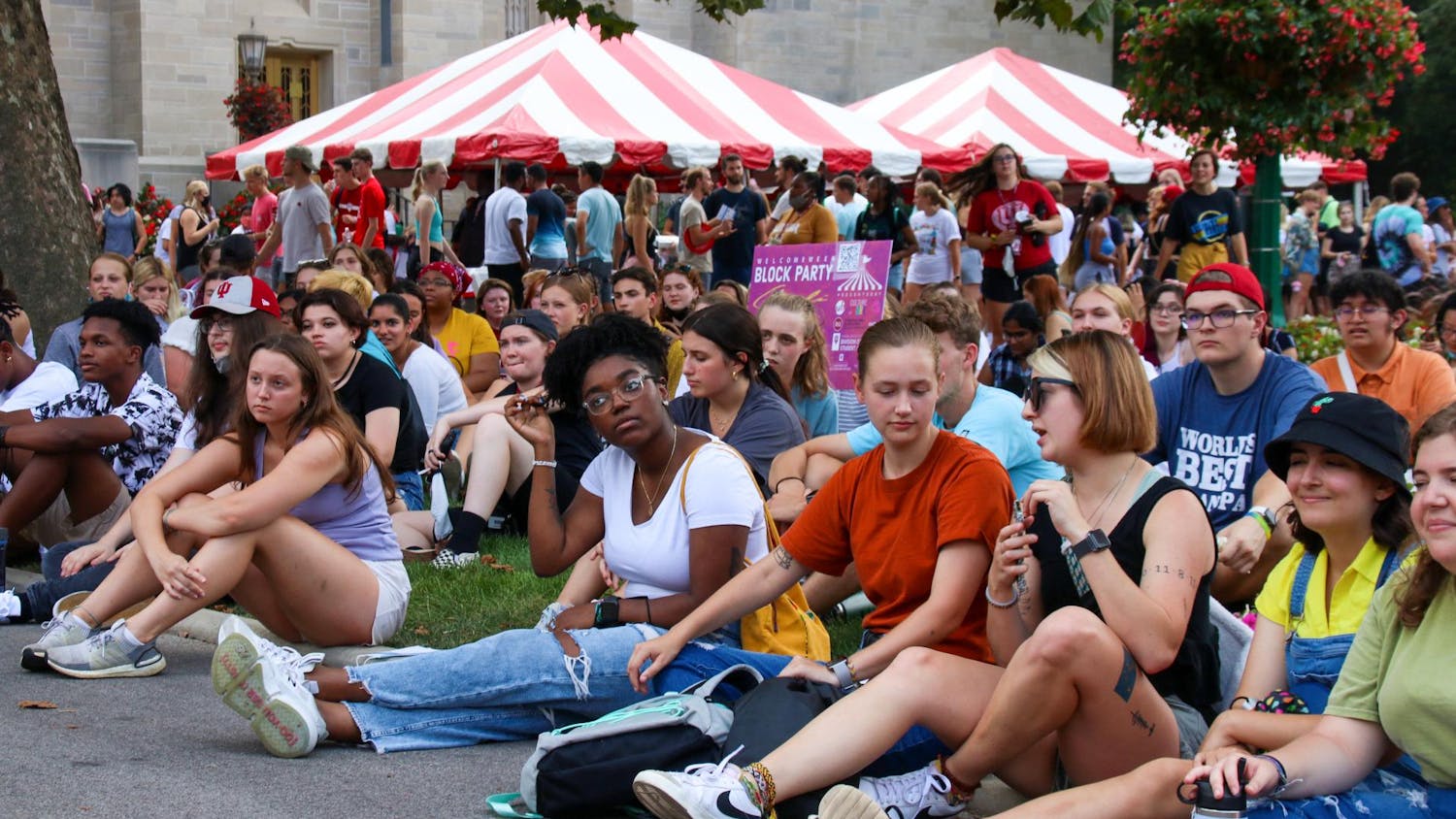Nobel Prize winner Maria Ressa said social media platforms hinder journalists because its a source disinformation in a keynote speech Thursday at the Arnolt Center for Investigative Journalism Symposium.
“Pro-facts, pro-evidence journalists are handcuffed,” Ressa said. “If you don’t want to incite fear, anger and hate, you’re handcuffed as well.”
Ressa is a professor in the School of International and Public Affairs at Columbia University. She worked as an investigative reporter in the Philippines as well as the United States for many news organizations, including CNN, before cofounding Rappler, an online news organization, in 2011.
Another issue impeding journalists on social media is the speed at which lies spread, Ressa said. An MIT study found that false information on social media travels six times faster than the truth and reaches far more people.
Disinformation in the form of extreme propaganda is a common thread of social media lies. In her keynote, Ressa said terrorist organizations set up a web of fake accounts, known as a sock puppet network, with the primary goal of creating an ecosystem of extreme views to influence others. She said she once worked on a story in 2016 where they tracked a sock puppet network of 26 fake accounts on Facebook and those accounts made over 3 million impressions.
Disinformation coupled with hate and anger can lead to violence, and the goal of disinformation is to further marginalize communities such as women, ethnic minorities and the LGBTQ+ population, Ressa said.
Although lies have the tendency to spread faster, she said data shows that sharing fact-checking information can solve the issue. Data clusters show that active fact checking from media organizations and social media platforms as well as sharing fact checks with family members and friends can spread inspiration as fast as anger.
Another solution to battling disinformation online is lobbying for the platform owners to be held accountable for disinformation and misinformation spread on their websites, Ressa said. According to the American Psychological Association, misinformation is false information, whereas disinformation is the act of deliberately spreading false information.
“These platforms should be responsible for them,” Ressa said in an interview with the Indiana Daily Student. “The same way that, like, you slip on the sidewalk of someone’s house because they haven’t shoveled. There are consequences to that.”
Currently, section 230 of the Communications Decency Act shields platform owners from being held liable for what users say or do on their websites.
In June 2020, the Department of Justice identified four changes to section 230 that could be reformed. These sections include incentivizing online platforms to address illicit content, clarifying federal government enforcement capabilities to address illicit content, promoting competition and promoting open discourse and greater transparency.
Ressa said young journalists need to collaborate and work together to continue striving to hold those in power accountable.
“These times will demand great courage,” Ressa said. “2025 is the tipping point year. There's so much changing so fast.”




